Accordingly, when discussing this content, Mr. Hoang Van Cuong was interested in Clause 9, Article 5 of the draft law, which stipulates import tax exemption for goods serving railway projects that cannot be produced domestically.
Mr. Cuong expressed his agreement with the regulation that the Prime Minister should issue a list of goods, services, and railway industrial products that will be assigned or ordered for Vietnamese enterprises to produce. In order for Vietnamese enterprises to be able to place orders and feel secure in production, we must ensure the output market, that is, the domestic market must be reserved for those enterprises and there is no import of products from abroad.

Delegate Hoang Van Cuong. (Photo: National Assembly Media).
However, according to Mr. Cuong, Clause 9, Article 5 stipulates import tax exemption for railway goods that cannot be produced domestically.
" We know that up to now we do not have a railway industry and so all products serving the railway industry, including products that the State intends to order for businesses, up to now cannot be produced domestically.
If we regulate as above, it is very likely that domestic enterprises that are placed orders will import products from abroad, or even hire others to produce components and assemble them for us. This will of course further destroy our goal of developing the railway industry ," said Mr. Cuong.
Therefore, he proposed that it is not allowed to import goods and services, including components for assembly into products and services on the list of products and services that the State will assign the task of ordering for domestic organizations and enterprises to produce.
Regarding the regulation to encourage organizations and individuals to participate in investing in railway projects using non-state capital, according to Mr. Cuong, this is a very correct policy. However, Article 25 only stipulates the appointment of contractors for investors proposed by the investors themselves or railway projects invested under the public-private partnership (PPP) method.
As for the railway projects that the State is proposing to invest in with public funds, there is no mechanism for private investors to participate in this project. For example, the North-South high-speed railway project as it is now has investors proposing but we do not have a mechanism to allow them to choose to participate.
" Therefore, I propose that Article 25 should add a method for selecting private investors to participate in railway projects that the State plans to invest in with the state budget, which can invest in whole or in part. Or it should stipulate that the Prime Minister should issue regulations on criteria for selecting private investors to invest in railway projects that are planned to be invested with the state budget ," he commented.
He also stated the selection criteria based on three principles: the project's objectives and technical requirements must not change; the investment capital cost, when private participation is involved, must not exceed the State's initial estimate; and the operational efficiency brought to the State must be higher than that of the State's investment.
Meanwhile, delegate Trinh Xuan An ( Dong Nai delegation) expressed his agreement with the opinions of many delegates that investors are allowed to appoint contractors who demonstrate professional capacity and capital arrangement ability. This provision is correct in its objective, but it is likely that more details need to be added to ensure feasibility in financial capacity.

Delegate Trinh Xuan An. (Photo: National Assembly Media).
" It is impossible to give a general report on equity capital like this, how is the borrowed capital. It is very necessary to be more specific about the financial capacity of the investor. Recently, there was a case where an investor said I have 100 billion USD to do this project. They sent a document but I think their proof is very vague. It is necessary to have a mechanism for appraisal, even appraisal councils and especially independent audits. In particular, there must be cross-checking mechanisms so that we have truly capable investors, " said Mr. An.
Meanwhile, delegate Nguyen Minh Duc (HCMC delegation), in the context that railways have long accounted for a very small proportion in the transport structure and have developed slowly compared to other modes, completing the legal corridor to unlock resources, mobilize social investment, synchronize planning, and connect economic zones is an urgent requirement.
At the same time, it is the legal foundation for development and implementation of key national projects such as the North-South high-speed railway, urban railways and railways such as Hanoi - Lao Cai, Hanoi - Hai Phong - Lang Son.

Delegate Nguyen Minh Duc. (Photo: National Assembly Media)
Mr. Duc also supports the expansion of investment subjects and forms to mobilize all private economic resources to participate in railway development. " Expanding the private economy to participate in this railway has an advantage of mobilizing capital, while capital investment for railways is very large.
However, there must be very strict regulations to ensure prudent mechanisms and policies, especially those related to national security and defense tasks, to avoid cases where projects are transferred or sold to other investors as well as foreign investment to foreign investors ," he said.
Source: https://vtcnews.vn/cu-thue-ben-ngoai-san-xuat-roi-nhap-ve-lap-rap-se-triet-tieu-nganh-duong-sat-ar949627.html








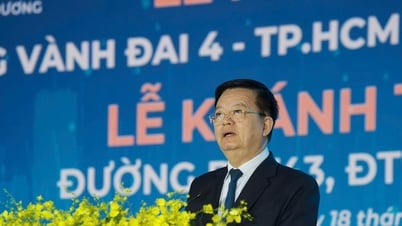


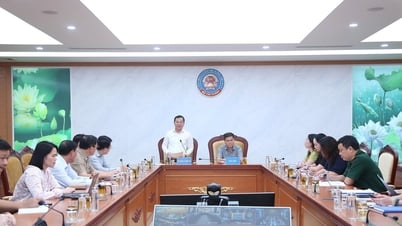


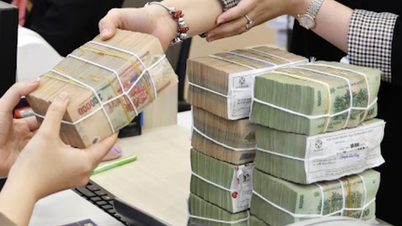

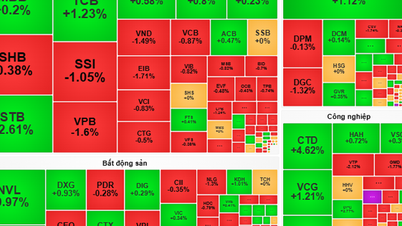




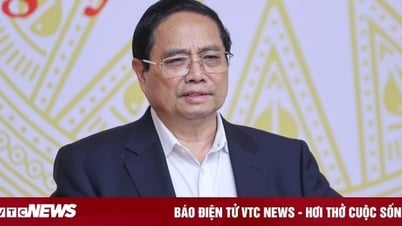
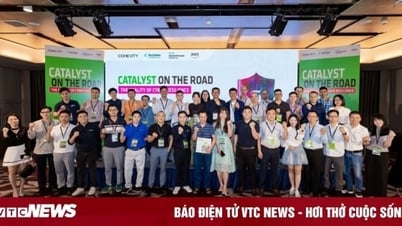
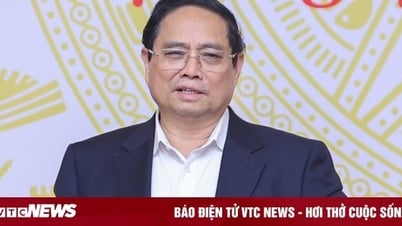


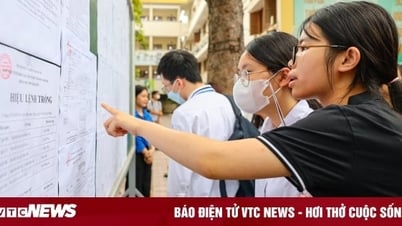
















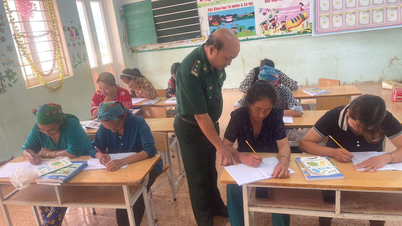







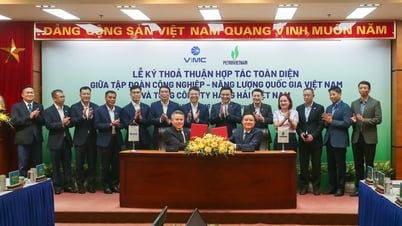
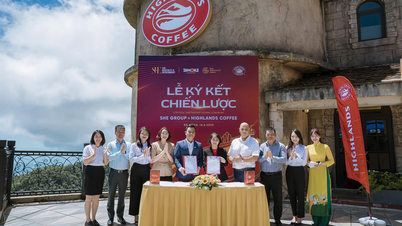


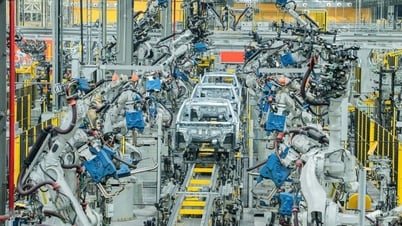


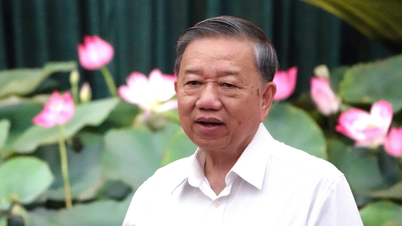

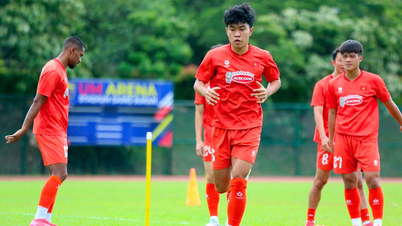









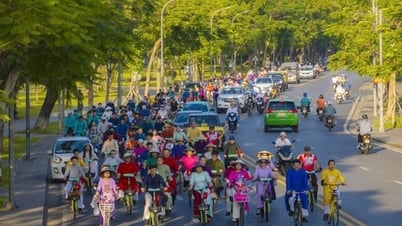


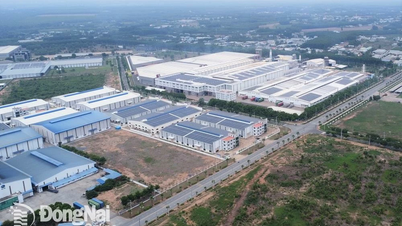

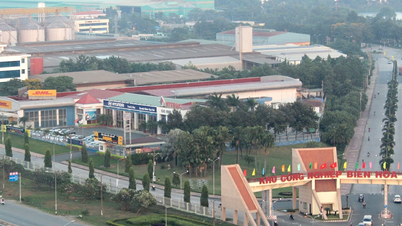


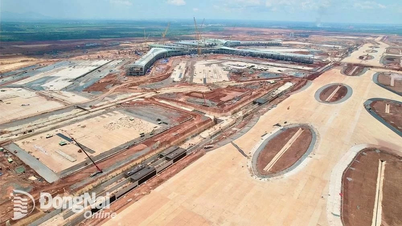
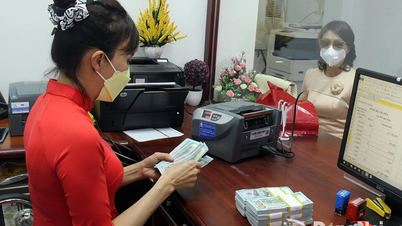
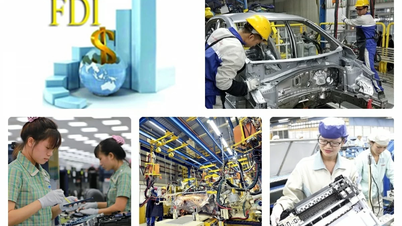















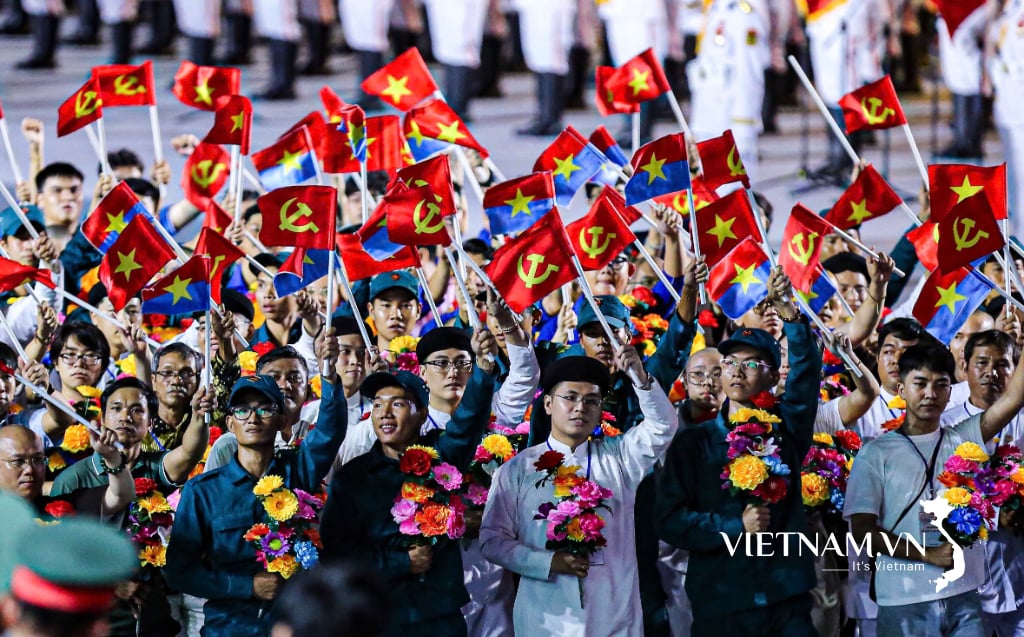
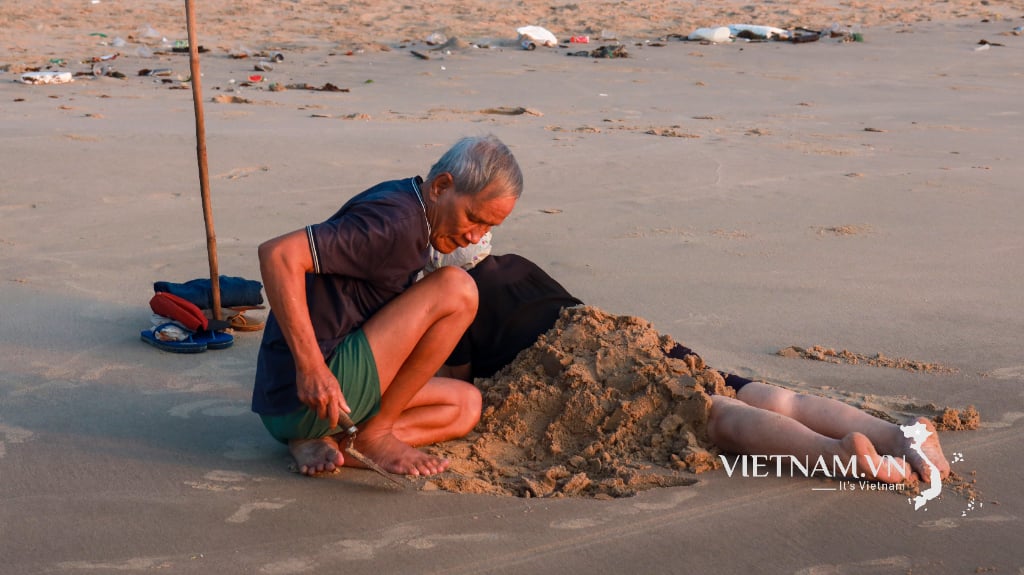
Comment (0)